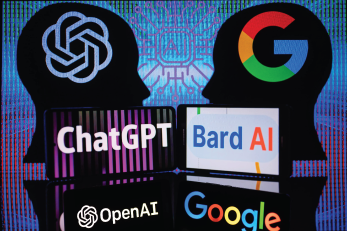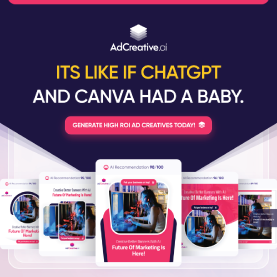Generative AI represents a groundbreaking frontier in artificial intelligence, pushing the boundaries of what machines can create. Unlike traditional AI models that analyze and predict based on large datasets, generative AI learns the patterns and structures of data to produce novel outputs that resemble human creativity. From composing music to generating realistic images, this field is rapidly evolving and reshaping industries.
What is Generative AI?
Generative AI refers to AI models designed to create new and original content, whether text, images, videos, or audio. The key difference between generative AI and traditional AI lies in its purpose: while traditional AI focuses on classification and prediction, generative AI is about innovation and creation.
One of the most recognizable examples of generative AI is ChatGPT, which produces human-like text based on user prompts. However, the field extends far beyond text generation. Applications include:
- Image and Video Synthesis: Tools like DALL·E and GANs (Generative Adversarial Networks) can create lifelike images and videos from scratch.
- Speech Generation: Models like WaveNet generate realistic human speech for voice assistants and text-to-speech systems.
- Music Composition: AI systems like OpenAI’s MuseNet can compose original musical pieces in various styles.
- Virtual Reality: Generative AI enhances virtual environments by creating realistic and immersive 3D worlds.
Mirella Lapata’s Insights into Generative AI
In an upcoming lecture, Mirella Lapata, a professor of natural language processing at the University of Edinburgh, will provide an overview of this fascinating field. As a leading researcher in getting computers to understand, reason with, and generate natural language, Lapata’s expertise offers valuable insights into the potential and challenges of generative AI.
Her accolades include being the inaugural recipient of the British Computer Society and Information Retrieval Specialist Group (BCS/IRSG) Karen Sparck Jones award and a Fellow of the Royal Society of Edinburgh, the ACL, and Academia Europaea. These achievements underscore her authority in the AI landscape.
Opportunities and Controversies
Generative AI’s versatility makes it a game-changer across multiple domains. For instance, in creative industries, it can assist artists, filmmakers, and musicians by automating time-consuming processes. In healthcare, it holds promise for generating synthetic data for research while preserving patient privacy.
However, generative AI is not without its controversies. Ethical concerns include:
- Misinformation: AI-generated content, such as deepfakes, can spread false information.
- Bias and Fairness: Generative models can inadvertently perpetuate societal biases present in training data.
- Intellectual Property: Questions arise about ownership and originality of AI-created works.
Shaping the Future of Generative AI
As generative AI continues to mature, balancing its transformative potential with ethical responsibility is paramount. Scholars like Mirella Lapata are at the forefront of addressing these challenges, ensuring that AI serves as a tool for innovation while safeguarding societal values.
The lecture promises to delve deeper into these issues, offering a comprehensive understanding of generative AI’s current state and future directions. Whether you’re an AI enthusiast, a creative professional, or a policymaker, this talk is an opportunity to explore the possibilities and implications of a field that’s redefining machine creativity.
Generative AI is more than a technological marvel; it’s a testament to humanity’s pursuit of understanding and replicating creativity itself. By navigating its challenges thoughtfully, we can unlock its full potential for the benefit of all.


